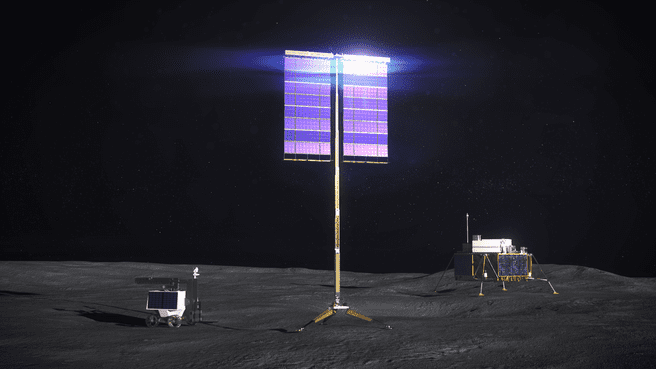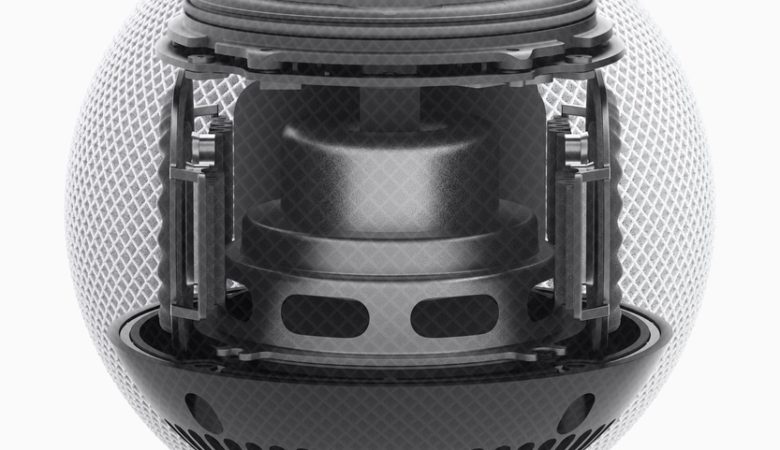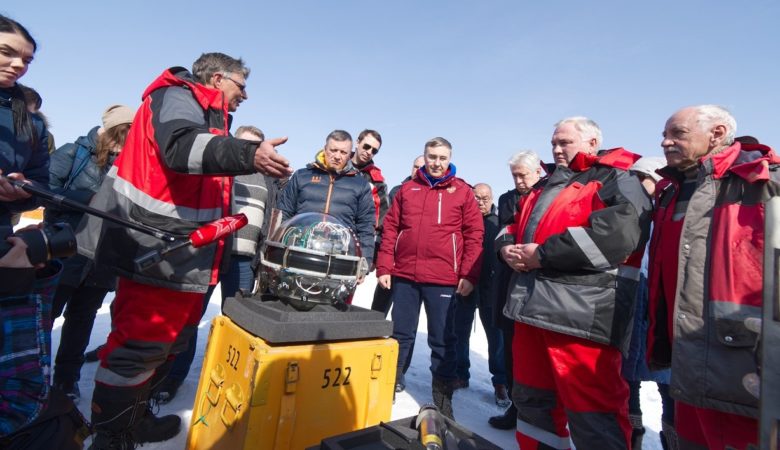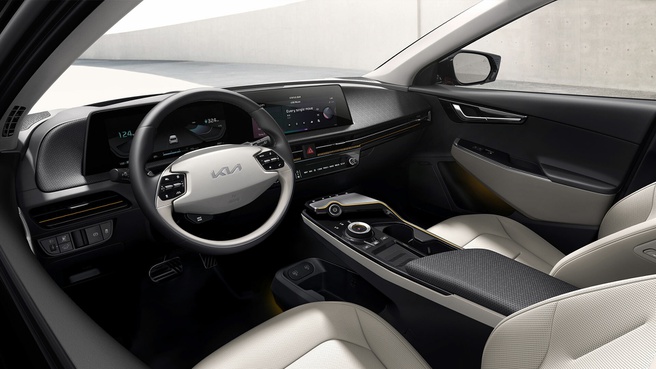If in August 2020, 4,329 exoplanets in 3,199 planetary systems have already been confirmed , their hunt seems endless .
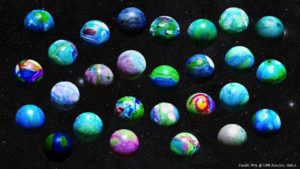
This discovery marks a great technological advance in astronomy . Using artificial intelligence , researchers from the physics and computer science departments of the University of Warwick (England) have successfully identified around 50 new planets in space. Their findings were published in the Monthly Notices of the Royal Astronomical Society on August 20.
When scientists look for exoplanets – that is to say, celestial bodies orbiting around suns other than our own – they use the transit method : they try to detect small and regular drops in stellar luminosity, a sort of “hollows” of light which testify to the repeated passage of a planet in front of its star. However, these can also be caused by background interference or even telescope errors.
Untangling the true from the False
This is where this new artificial intelligence is making the difference. The algorithm was created from old data collected by NASA’s Kepler space telescope (see video at the top of the article) , now reprocessed . Through machine learning – machine learning – technology has learned to precisely separate, among the thousands of candidate planets, the real from the “false positives” .
Around fifty exoplanets have thus been confirmed as authentic. Thanks to these new revelations, astronomers can now rank these exoplanets for more in-depth observation . They would vary in size from as large as Neptune to smaller than Earth. Some orbit their sun in 200 days, others in just one, like hot short-period Jupiters.
Thousands of Potential Candidates
Scientists now hope to use the algorithm on other samples, such as those collected by NASA’s Transiting Exoplanet Survey Satellite (TESS) , Kepler’s successor. By mapping around 75% of the sky, TESS has already identified 66 new exoplanets. Among them, one the size of potentially habitable Earth , as well as another orbiting two suns (like Tatooine in Star Wars ).
But TESS has also identified nearly 2,100 potential exoplanets . Artificial intelligence could therefore “validate thousands of invisible candidates in seconds,” the researchers write in their report. And because it is based on machine learning, it will become more and more effective with each new discovery .
Almost 30% of the planets known to date have been validated using a single method, and that’s not ideal. The development of new validation methods is desirable for this reason alone, concludes in a press release Dr. David Armstrong, one of the lead authors of the study.





